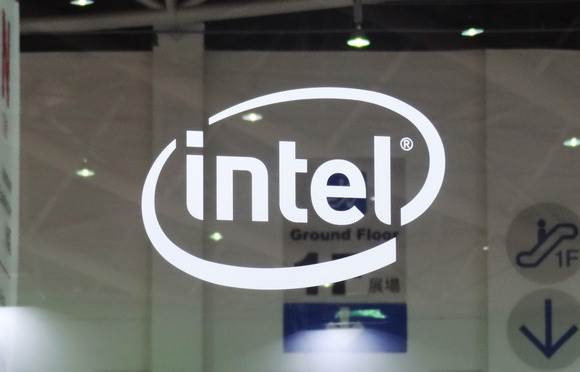Use your personal name in connection with your business but not as a trademark, Intel says

The Intel logo on display at Computex 2015 in Taipei.
Credit:
Martyn Williams
Intel does not object to John McAfee using his personal name in connection with his business, but it objects to the use by the maverick entrepreneur and security expert of the McAfee trade name and trademark in a way that could confuse or deceive consumers or dilute the brand.
The issue came up when John McAfee teamed with MGT Capital Investments, which had been until recently mainly into gaming sites, and announced in May that it is in the process of acquiring a diverse portfolio of cybersecurity technologies. MGT also announced that it intended to change its corporate name to “John McAfee Global Technologies, Inc.” with John McAfee at the helm of the new company.
MGT has meanwhile launched a network security product called Sentinel and Intel points in its filing to the U.S. District Court for the Southern District of New York that MGT has a promotional video on its website that “now displays the new trade name and trademark ‘John McAfee Global Technologies.’”
Intel announced in September that it had signed an agreement with TPG for a deal that would see its Intel Security business as a separate cybersecurity company in which Intel shareholders would hold 49 percent of the equity with the balance held by the investment firm. Intel would also receive US$3.1 billion in cash. The new company would be named McAfee.
The company said in its filing Thursday that it does not object to “John D. McAfee’s use of his personal name or personal reputation in connection with his business ventures.” Elsewhere in the filing, the company said it admits that John McAfee “did not forfeit the right to use his name as a personal name, which Intel has never challenged.”
The company, however, objects to John McAfee and MGT “using their new MCAFEE trade name and trademark, and any other MCAFEE trade names or marks, in a manner that creates a likelihood of confusion or deception among consumers, or that dilutes Intel’s famous MCAFEE brand.” Intel is arguing that the use of its trademarks by the renamed company for security products could lead consumers to assume mistakenly that they come from a common source, in this case Intel.
Intel said it completed in February 2011 the acquisition of McAfee Inc, and had continued to use and promote the McAfee mark on and in connection with security products, services, and publications for consumers and businesses. The company claims to own through McAfee Inc. a number of U.S. registered trademarks such as the MCAFEE, MCAFEE SECURITY, MCAFEE PROVEN SECURITY and the stylized “M” on a shield marks.
In June 2016, Intel sent a letter to MGT Capital warning it of legal action if it changed its name “to one that includes the MCAFEE trademark or otherwise use the MCAFEE name as a trademark.” John McAfee does not have the right to use the McAfee name for security related goods and services, Intel added.
John McAfee and MGT soon after filed a suit in the New York court seeking a judgment declaring that “their use of or reference to the personal name of John McAfee and/or McAfee in their business,” including in the renaming of MGT, does not infringe on Intel’s trademark rights or breach any agreement between the parties.
In the filing, John McAfee claimed that he had entered in 1991 into an agreement with McAfee Associates, a predecessor to McAfee Inc., to transfer certain assets to it in exchange for stock and a promissory note. But at no point did he “assign the rights to his personal name, via assignment of trademark or otherwise, or agree to restrict his right to do business using his own name,” according to the filing. He had not filed for or registered the trademark to “John McAfee” or “McAfee” or any other variation of the name at the time of the agreement.
Some of MGT’s other plans have run into issues. Its agreement to acquire anti-spy software company D-Vasive had to be halted because of the refusal by NYSE MKT to list the 43.8 million shares that would need to be issued to complete the merger. The New York Stock Exchange this week initiated proceedings for delisting MGT’s common stock.







